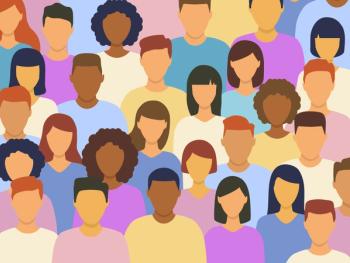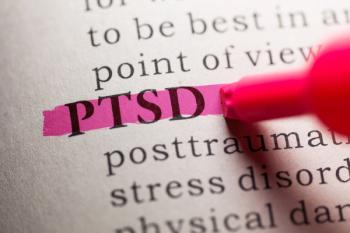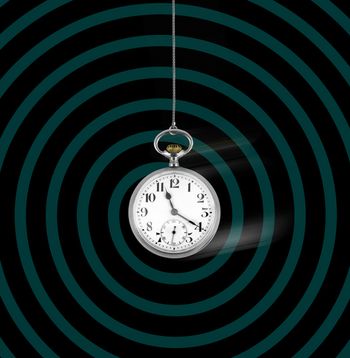
Targeted and collaborative efforts are needed at individual and systemic levels to address underlying causes of mental health disparities.

Targeted and collaborative efforts are needed at individual and systemic levels to address underlying causes of mental health disparities.

Does a computational approach to the mind pave the way for practicing a biopsychosocial psychiatry?

To mask or not to mask? What do you think?

How does this performance art give voice to the gender movement?

Let’s revisit the therapist’s attitude toward the patient in the psychotherapy relationship.

Treatments alter the neural processes underlying SAD symptoms.


How can psychedelic research incorporate disability inclusion into future work?

How can offering hope for chronic illness make healing possible for us all?

Headaches are a common comorbidity among a variety of psychiatric diagnoses.

All mental health clinicians must now develop skills in cultural competence to avoid perpetuating disparities in health outcomes for BIPOC individuals with serious mental illnesses.

Mask-wearing can help protect individuals from COVID-19 infection—but it also has several other unexpected advantages.

Pride might be bittersweet this year…

Use these strategies to facilitate beneficial outcomes for patients, improve relationships with colleagues, and enhance workplace satisfaction.

Understanding the intersection between substance misuse and acquired brain injury can assist clinicians in accurately diagnosing and treating these cooccurring conditions.

The truth: Psychiatric treatment works.

Today is PTSD Awareness Day!

Poetic reflections on today's news...

What do psychiatrists think of the overturning of Roe v. Wade?

Roe v. Wade has been overturned. How will this affect the mental health of both mothers and fetuses?

How can theater arts help?

“Our country needs the psychological healing of our increasing divisiveness and conflicts…”

How does Title IX benefit women?


How can we address our national mental health crisis?

If it does not count, it is not counted.

Over the past 6 months, Psychiatric Times has featured expert opinions on important psychiatric issues from psychosis to psychedelics.

When it comes to connecting with your inner child, what are your options?

Catch up on the latest research on ADHD, PTSD, and more with Psychiatric Times.

Does the “early bird get the worm”? Researchers investigated long-term outcomes with an early-switch long-acting injectable antipsychotic in patients with schizophrenia using a population-based cohort.